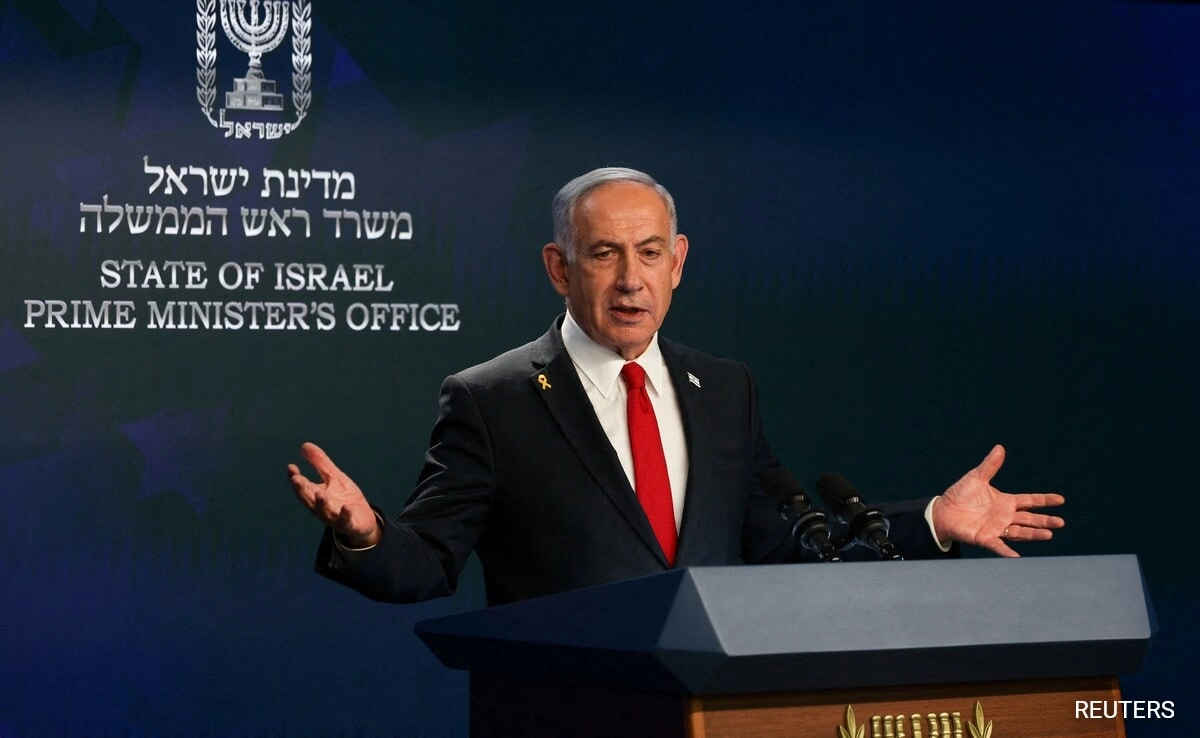Israeli Prime Minister Benjamin Netanyahu has taken a firm stance against Hamas, vowing to “destroy” the militant group amid ongoing ceasefire negotiations concerning the conflict in Gaza. The recent escalation in violence has drawn international attention and concern, prompting discussions about the possibility of a ceasefire to alleviate the humanitarian crisis in the region. Despite these talks, Netanyahu’s declaration underscores Israel’s resolve to dismantle Hamas, which it views as a terrorist organization responsible for ongoing attacks against Israeli civilians.
In his address, Netanyahu emphasized that Israel’s military operations would continue until Hamas is completely neutralized. The Prime Minister’s rhetoric reflects a broader sentiment within Israeli society, where there is significant support for a strong military response to the threat posed by Hamas. The Israeli government has faced mounting pressure to protect its citizens while also addressing the humanitarian needs of the Palestinian population in Gaza, which has been severely affected by the conflict. As ceasefire discussions progress, the challenge remains in balancing military objectives with diplomatic efforts to secure peace.
The potential for a ceasefire presents a complex dilemma. While many international actors advocate for an immediate cessation of hostilities to allow for humanitarian aid to reach the affected populations, Netanyahu’s government remains focused on achieving definitive military goals. The situation is further complicated by the differing perspectives on what constitutes a successful resolution to the conflict. For Israel, the destruction of Hamas is seen as essential for long-term security, while Palestinian advocates argue that a sustainable peace can only be achieved through dialogue and mutual recognition of rights.
As the world watches these developments closely, the implications of Netanyahu’s vow extend beyond the immediate conflict. The ongoing hostilities have repercussions for regional stability and the broader Israeli-Palestinian relationship. Observers are concerned that a failure to reach a lasting ceasefire could lead to further escalation and deepen the humanitarian crisis in Gaza. The international community continues to call for restraint from both sides, emphasizing the need for a negotiated solution that addresses the underlying issues of the conflict. Ultimately, the future of the region hinges on navigating these turbulent waters, where military might and diplomatic efforts must find a way to coexist for any hope of lasting peace.




